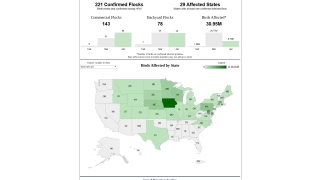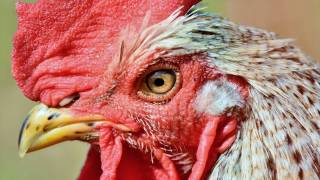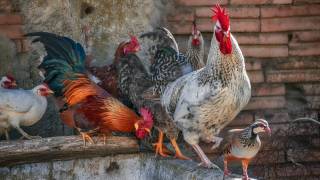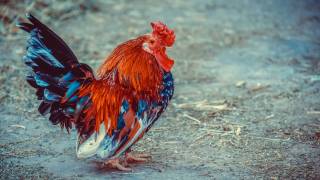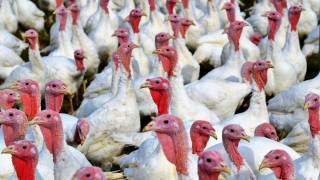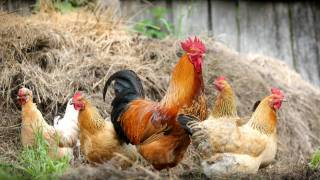Wild Birds Carrying Highly Pathogenic Avian Influenza Are Landing
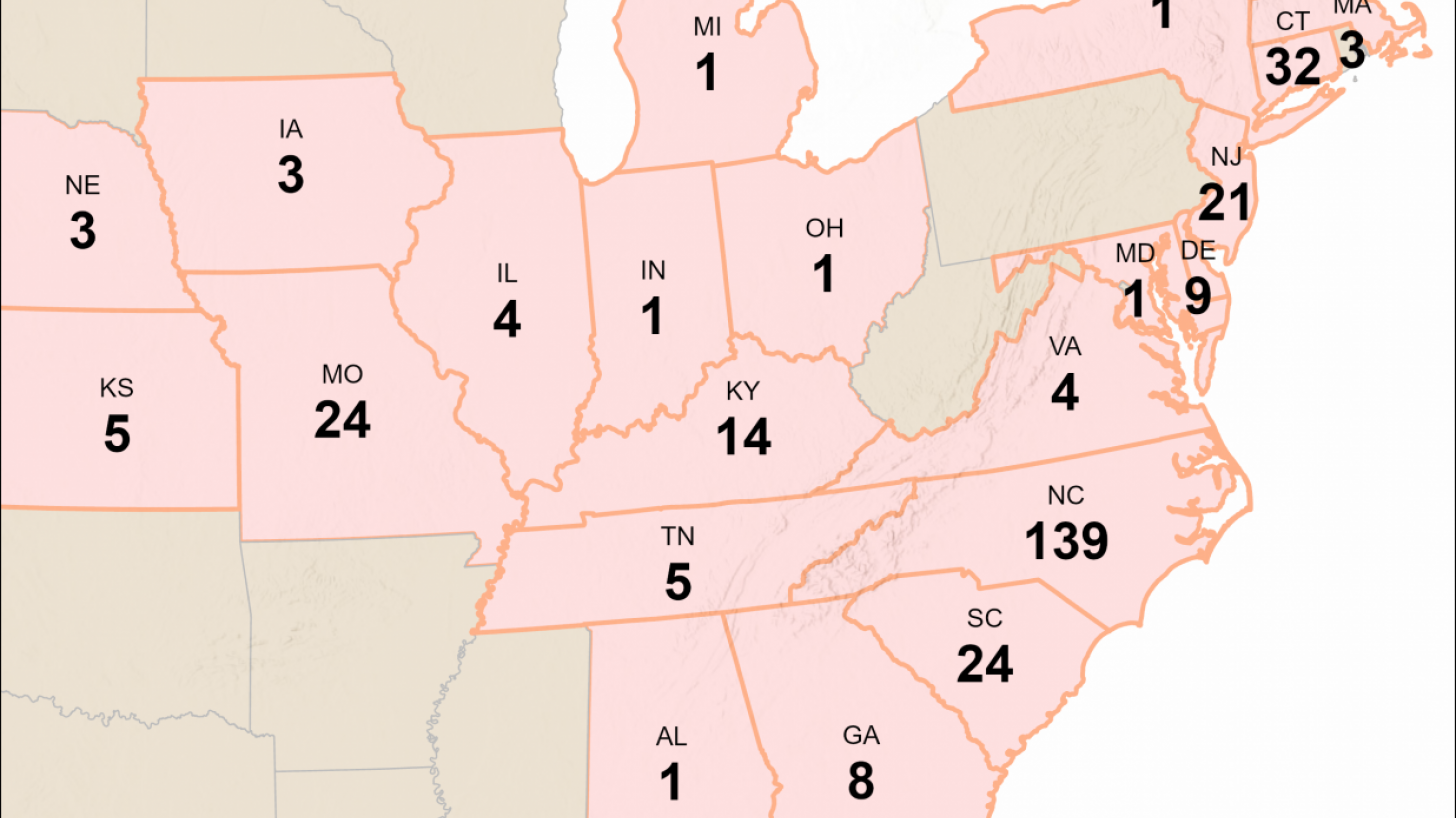
Unusual ‘bird-flu’ announcements continue to reach new areas and expand within U.S. states during 2022. Migrating wild birds infected with Avian influenza (AI) are actively carrying the disease without showing visible signs of illness.
Unlike recent years, the United States Department of Agriculture’s (USDA) Animal and Plant Health Inspection Service (APHIS) has already confirmed 385 birds carrying the highly pathogenic avian influenza (HPAI) virus as of March 17, 2022.
These free-flying wild birds can carry multiple strains of the avian influenza viruses. For example, in the U.S., the HPAI wild bird detections primarily involve the Eurasian H5N1 strain.
Unlike Low pathogenicity avian influenza (LPAI) virus strains that occur naturally in wild migratory waterfowl and shorebirds without causing illness, HPAI virus strains are highly infectious and can spread rapidly from flock-to-flock.
According to USDA, HPAI carrying wild birds can include chickens, turkeys, pheasants, quail, domestic ducks, geese, guinea fowl, and waterfowl, such as ducks, geese, and shorebirds.
With the recent detections of the Eurasian H5 strain in wild birds and domestic poultry, bird owners should review their biosecurity practices and stay vigilant to protect poultry and pet birds from this disease.
Since the middle of January 2022, the presence of HPAI has been confirmed in 38 locations. This past week HPAI detections in flocks included but are not limited to Rockingham County, New Hampshire, and Merrick County, Nebraska.
State officials quarantined these premises, infected birds are depopulated and do not enter the food system, says the USDA.
APHIS stated ‘it is working closely with State partners on surveillance, reporting, and control efforts,’ but ‘anticipates additional AI detections as wild bird surveillance continues into the spring (2022).’
The USDA’s website integrates a search box to filter data by County, State, Date, Flock Type, etc., keeping track of local confirmations while increasing consumer visibility.
Animal influenzas, such as avian influenza, share genetic similarities with the human flu viruses. Because of their potential to evolve genetically and be passed to humans, avian influenza viruses are considered a public health concern.
Humans have been infected with bird flu on several occasions, including the episode of global concern in 2005 - 2006 when the subtype H5N1 virus spread to humans.
According to the U.S. CDC, the recent HPAI detections do not present an immediate public health concern. No human cases of these avian influenza viruses have been detected in the United States.
However, even if the risk of bird flu transmission to humans remains low, these sporadic zoonotic infections remind us that the threat of an influenza pandemic persists.
If humans contract HPAI and pass the virus to others, that is considered a ‘pandemic influenza’ outbreak.
The U.S. government does have 'bird flu' vaccine inventories and would distribute them if there was an HPAI outbreak that spread quickly from person to person.
The U.S. FDA previously authorized Seqirus' AUDENZ (Influenza A(H5N1) monovalent vaccine, and the government has continued to secure access to related products via contract extensions.
From a global perspective, the USDA reports these findings to the World Organisation for Animal Health (OIE) and international trading partners.
Setting international standards on surveillance, the OIE works with global partners like the WHO to collect scientific information on animal flu viruses. OIE trade guidelines call on member countries not to impose bans on the international trade of poultry commodities in response to such notifications.
On March 3, 2022, OIE epidemiologist Dr. Lina Awada was interviewed by a reporter at the radio France Culture and offered keen insights regarding avian influenza risks in 2022. Access to this audio is available at this weblink.
The CDC suggests avoiding poultry farms, bird markets, and other places where poultry are raised, kept, or sold to prevent contracting bird flu. And practice hygiene and cleanliness when preparing or eating raw or undercooked poultry products.
Moreover, cook poultry products at high temperatures.
Previously fact-checked avian influenza news can be found at PrecisionVaccinations.com/avian.
Note: This news article integrated content from various government sources and was edited for clarity, then curated for mobile readers.
Our Trust Standards: Medical Advisory Committee
- USDA Confirms Highly Pathogenic Avian Influenza in a Non-Commercial Backyard Flock (Non-Poultry) in New Hampshire
- 2022 Confirmations of Highly Pathogenic Avian Influenza in Commercial and Backyard Flocks
- OIE: Avian Influenza
- CDC: H5N1 Bird Flu Virus in U.S. WIld Birds and Poultry Poses a Low Risk to the Public



